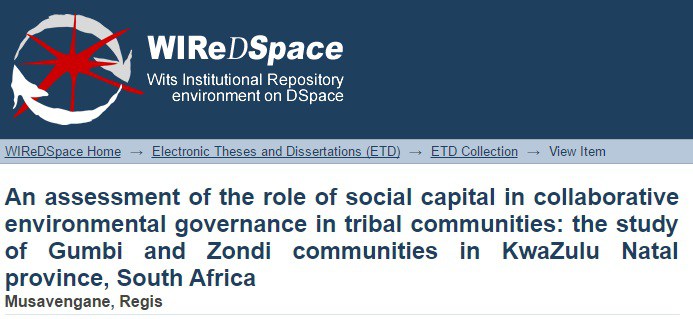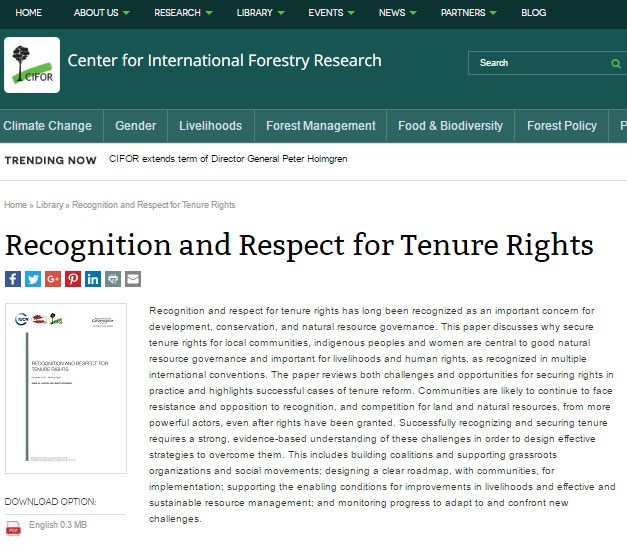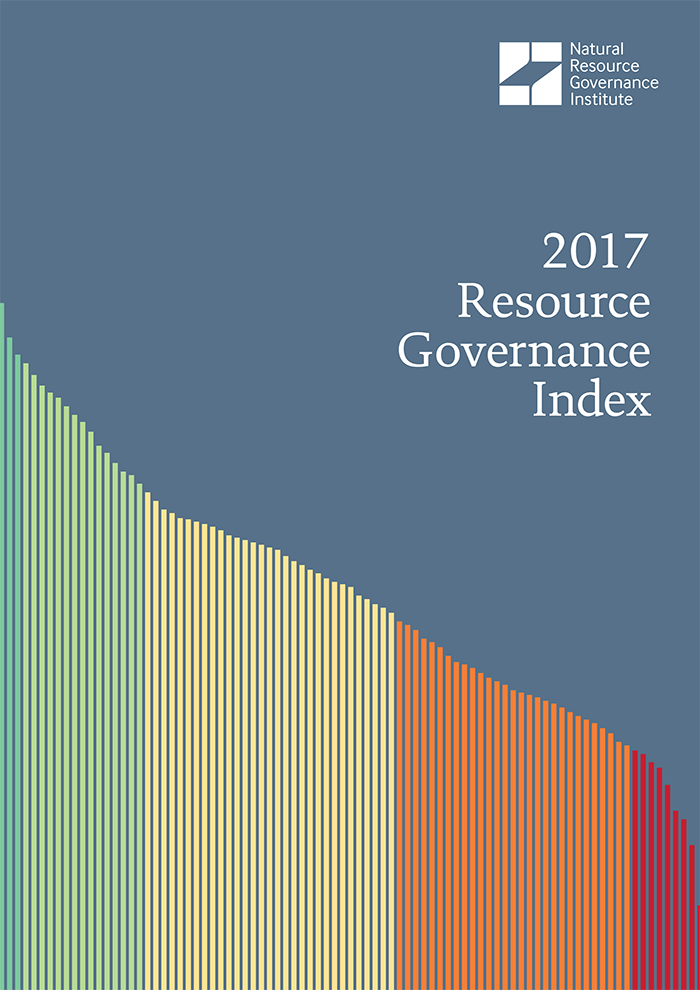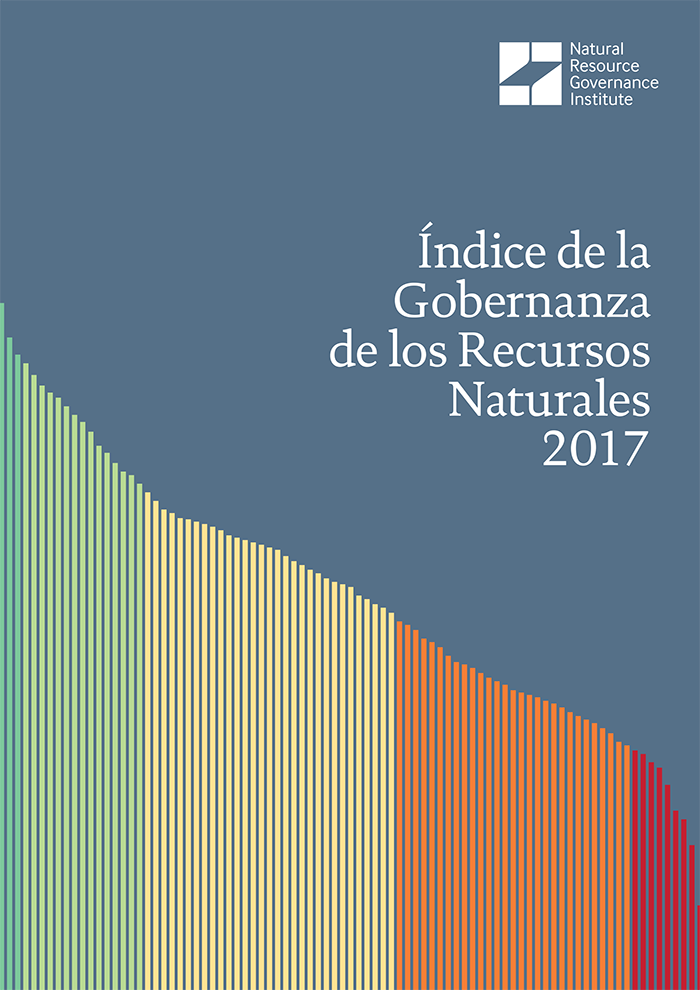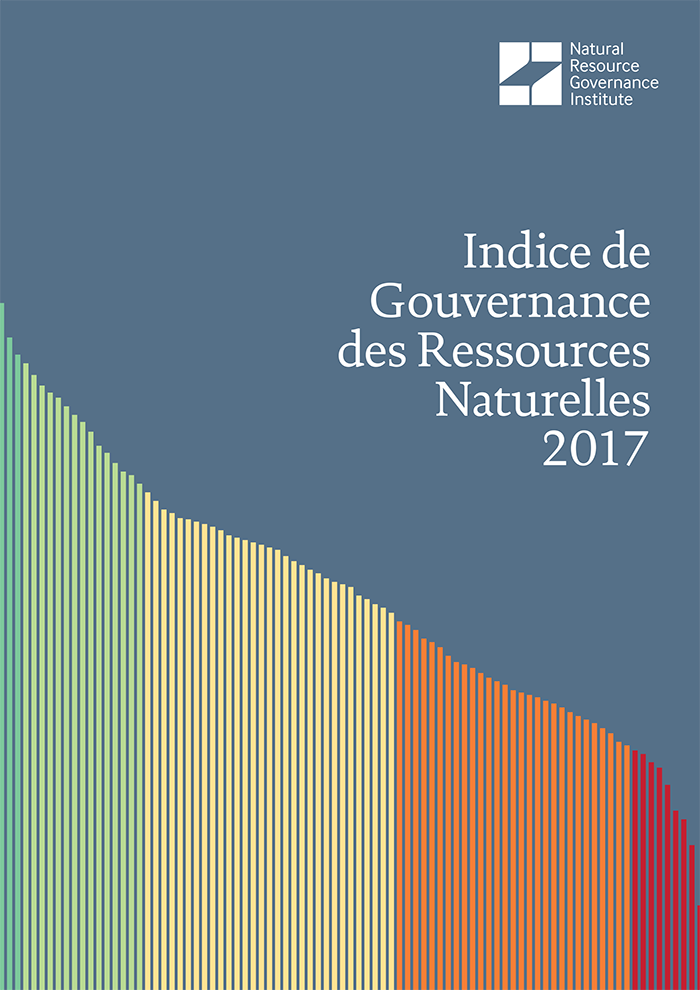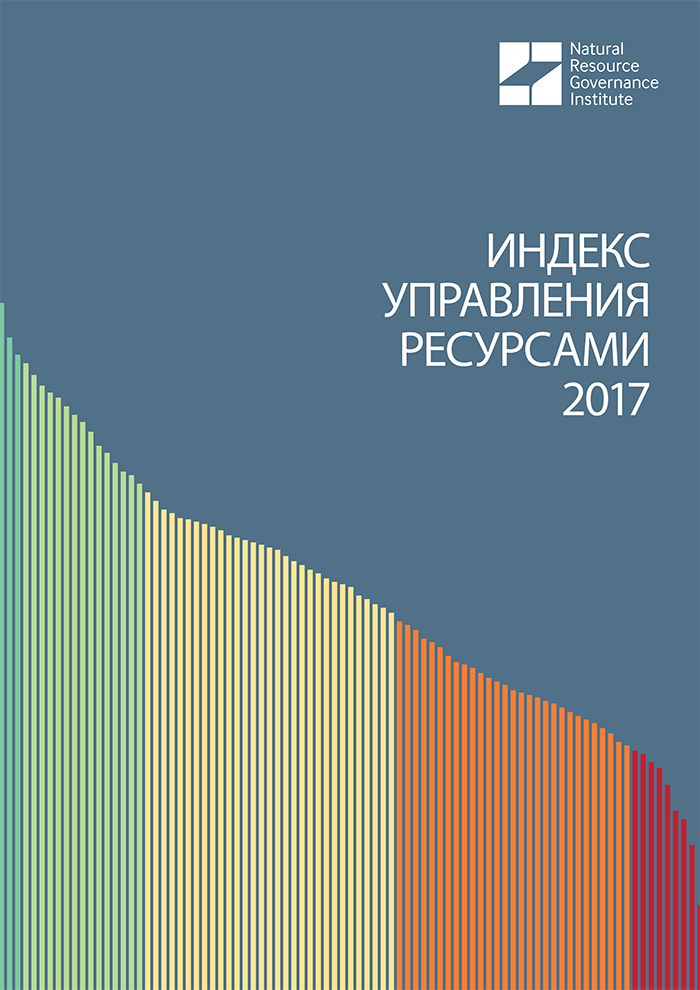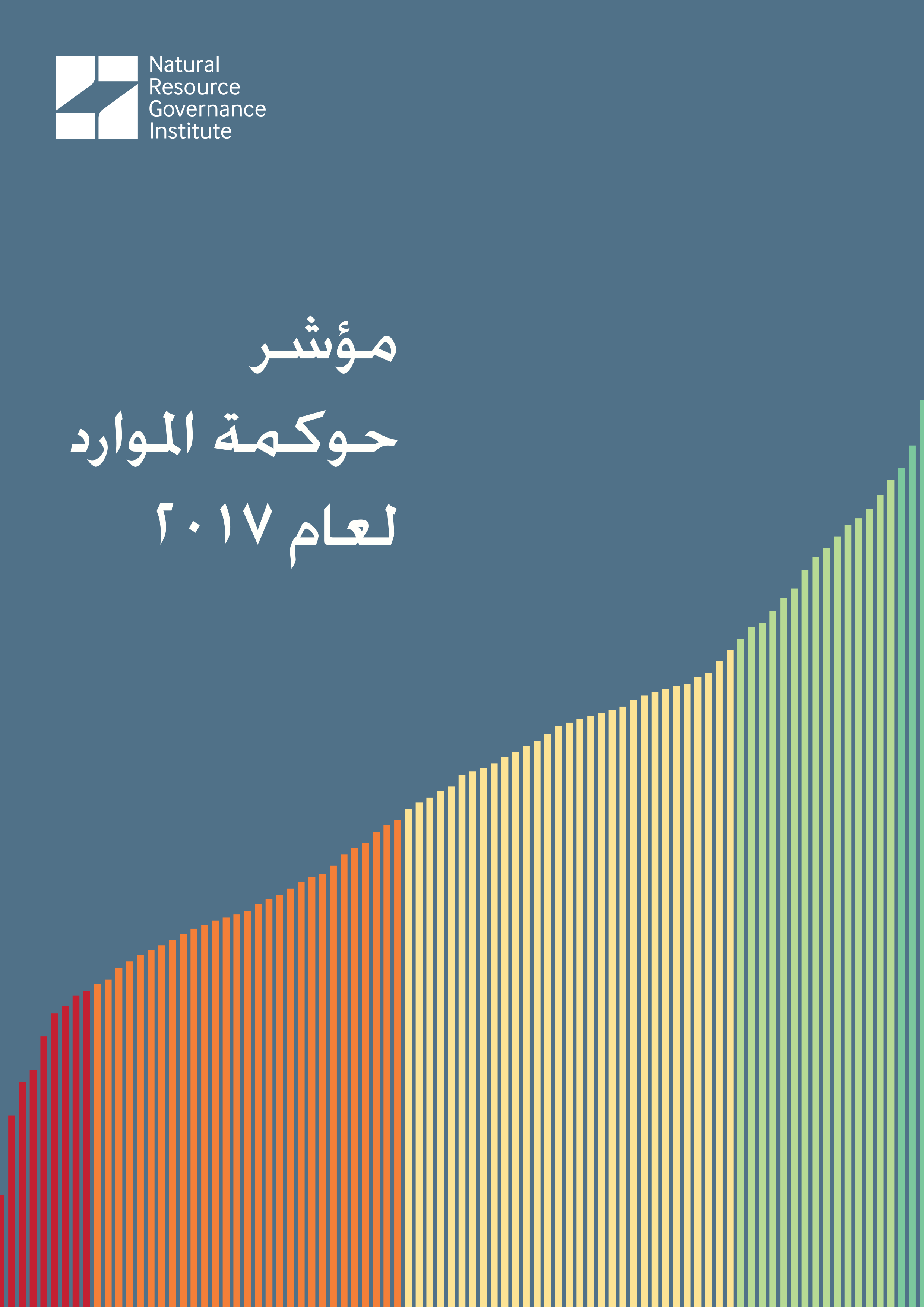Operation Phakisa’s Offshore Oil and Gas Exploration: Department of Mineral Resources briefing
The Department of Mineral Resources is attempting to develop oil and gas drilling in South Africa through Operation Phakisa. The project is still in the early stages of research and exploration, but the Department aims to have 30 wells built in 10 years. DME estimates very roughly, that as many as 9 billion barrels of oil and 9 billion barrels of gas could be within South African borders, and many national and international companies have expressed interest in investing in South African drilling.


